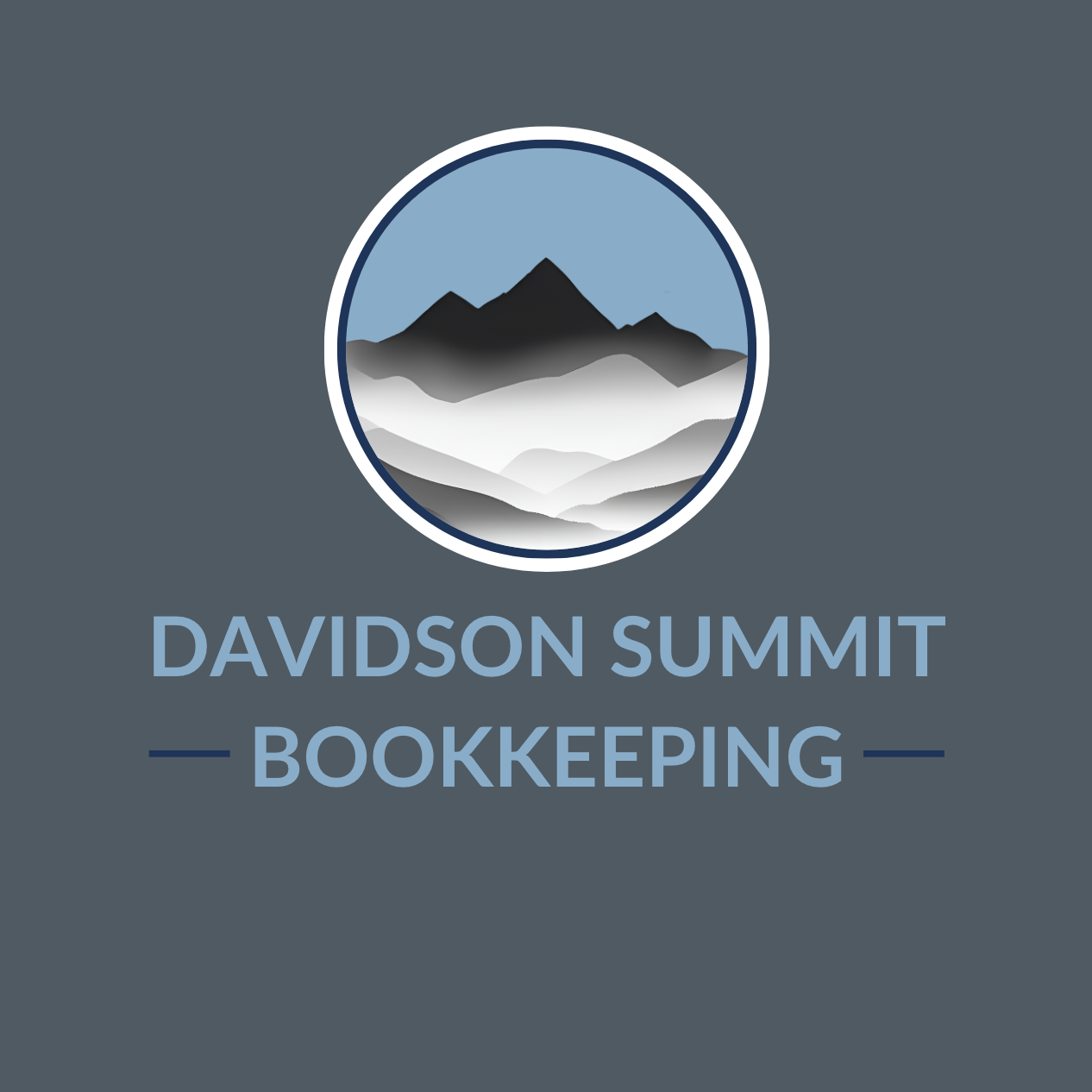What Is Catch-Up Bookkeeping (And Do You Need It?)
If you’ve ever looked at your bank account, receipts, or software and thought, “I’ll get to this later,” you’re not alone. Many small business owners put off bookkeeping until it becomes overwhelming. That’s where catch-up bookkeeping comes in — it’s the process of bringing your books up to date after falling behind.
In this post, we’ll explain what catch-up bookkeeping is, why it’s so important, signs you may need it, and how professional bookkeeping support can save you time, money, and stress.
What Is Catch-Up Bookkeeping?
Catch-up bookkeeping (sometimes called “cleanup bookkeeping”) is the process of reviewing and updating past financial records so your books accurately reflect your income and expenses.
This typically involves:
Organizing months (or years) of transactions
Reconciling bank and credit card accounts
Categorizing income and expenses correctly
Fixing errors in existing records
Preparing updated reports (like Profit & Loss and Balance Sheet)
The goal is to get your books caught up so you can move forward with a clean slate.
Why Catch-Up Bookkeeping Matters for Small Businesses
Falling behind on bookkeeping happens to almost every small business owner at some point. But leaving it undone comes with serious risks:
Tax Time Stress
If your books aren’t current, tax season can turn into a nightmare. Catch-up bookkeeping ensures you have accurate reports for filing taxes on time — and for maximizing deductions.Cash Flow Blind Spots
Without up-to-date financials, it’s nearly impossible to know how much money is really coming in and going out. This can lead to overspending or missed growth opportunities.Loan and Grant Applications
Banks and lenders require current financial statements. Falling behind may prevent you from qualifying for financing when you need it.Business Decisions
Should you hire? Can you afford to expand? Without accurate numbers, decisions are based on guesswork — which can be costly.
Signs You Need Catch-Up Bookkeeping
Not sure if catch-up bookkeeping applies to you? Here are common red flags:
You haven’t updated your books in 3+ months
Your receipts and invoices are piled up with no system
Your bank or credit card accounts aren’t reconciled
You’re not sure what you’ve earned vs. spent
Tax season is coming, and you’re not ready
If any of these sound familiar, it’s time to consider catch-up bookkeeping services.
DIY vs Professional Catch-Up Bookkeeping
You might be wondering if you can handle catch-up bookkeeping yourself. The answer depends on how far behind you are and how complex your business is.
DIY Catch-Up Bookkeeping
If you’re only a month or two behind, you might be able to organize receipts, update spreadsheets, and reconcile accounts yourself.
Pros:
Lower cost
You stay close to your numbers
Cons:
Time-consuming
Easy to make mistakes
Stressful if deadlines are near
Professional Catch-Up Bookkeeping
If you’re more than a few months behind — or if bookkeeping feels overwhelming — hiring a professional is the smarter choice.
A bookkeeper will:
Catch up multiple months or years of records quickly
Correct errors and inconsistencies
Provide accurate financial reports
Help you transition into monthly bookkeeping services so you don’t fall behind again
For many business owners, outsourcing catch-up bookkeeping saves countless hours and prevents costly errors.
How Catch-Up Bookkeeping Works
When you work with a bookkeeper on a cleanup project, here’s what the process typically looks like:
Review & Assessment – The bookkeeper reviews your current financials and determines how far behind you are.
Document Collection – You provide access to bank statements, invoices, receipts, and payroll data.
Transaction Entry & Reconciliation – Past transactions are entered, categorized, and reconciled against your accounts.
Error Correction – Any mistakes (like duplicate entries or misclassified expenses) are fixed.
Financial Reporting – You receive accurate Profit & Loss statements, Balance Sheets, and other key reports.
Recommendations – Your bookkeeper may suggest moving into monthly bookkeeping packages so your books stay current.
How Much Does Catch-Up Bookkeeping Cost?
The cost depends on:
How many months or years need catching up
How many accounts you have (bank, credit card, loans)
The complexity of your business (solo entrepreneur vs. payroll, multiple income streams)
Many bookkeepers charge a flat fee per project, often starting around a few hundred dollars for several months of cleanup, with larger projects costing more.
👉 At Davidson Summit Bookkeeping, cleanup services are customized to fit your needs so you only pay for the level of support you require.
Benefits of Professional Catch-Up Bookkeeping
Here’s what you gain by investing in catch-up bookkeeping:
Peace of Mind – No more worrying about what’s missing.
Tax Readiness – Everything organized and ready to hand off.
Time Saved – Focus on your business, not your backlog.
Accuracy & Clarity – Clean numbers mean better decisions.
Future Support – Transition easily into monthly bookkeeping so you never fall behind again.
Final Thoughts
Falling behind on bookkeeping doesn’t mean you’re a bad business owner — it means you’re busy running your business. The good news? With catch-up bookkeeping, you can clean up the past and move forward with confidence.
Ready to get your books back on track?
At Davidson Summit Bookkeeping, I specialize in catch-up bookkeeping services for small business owners. Whether you’re a few months or a few years behind, I’ll clean up your records, prepare accurate reports, and set you up for success moving forward.
